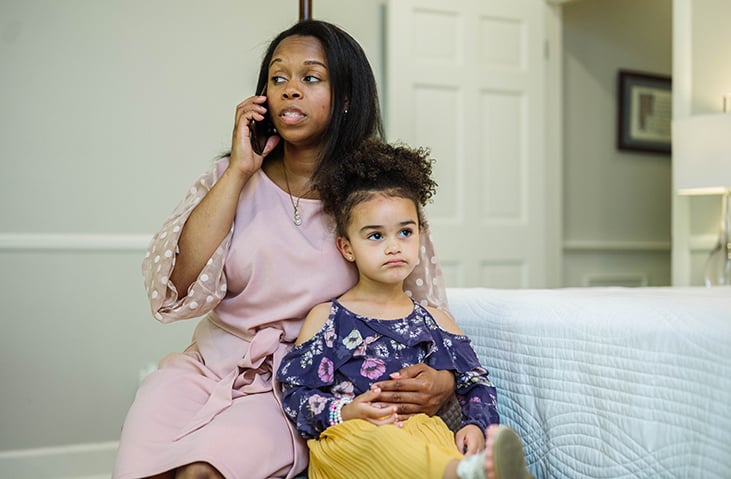

Jan 31 2025
45 is the New 50 for Colon Cancer Screening


Summary
Colon cancer is the third most common cancer and one of the most preventable. Since 2021, the guidelines start screening at age 45. Find your best option at NMHS.
Colon cancer screening is now recommended starting at 45 for people of average risk. Five years can make a big difference.
As an oncology nurse navigator, I have seen an uptick in the number of patients being diagnosed with colorectal cancer in their 40s and 50s. The trend is likely related to our more sedentary lifestyle as we spend many hours sitting at a desk behind a computer screen. In turn, increased weight and obesity may also add to these earlier diagnoses.
This increase in colon cancer diagnosis among younger adults is happening across the country. The U.S. Preventive Services Task Force estimated 10.5% of new cases of colorectal cancer were diagnosed in people younger than 50. In 2021, the Task Force added people with average risk of colon cancer start screening at age 45. Those with family history of colon cancer or other risk factors may need to start screening earlier.
Colon cancer is the third most common cancer in men and women, and it’s one of the most preventable. The goal for colon cancer screening is to find growths – called polyps – and early-stage colon cancer that has not yet spread beyond the colon. While not all polyps are precancerous, almost all colon cancer begins as polyps.
One-step Screening
Colonoscopy uses a colonoscope to examine the lining of the colon and rectum. It is considered the gold standard for screening, because it allows the medical team to find and remove polyps during the screening exam.
Colonoscopies are performed by gastroenterologists or surgeons at ambulatory surgery centers or hospitals. They do require prep to clean out the colon and sedation for the test. Screening with colonoscopy is recommended every 10 years for people at average risk. Those at higher risk may need more frequent screening.
Two-Step Testing
Stool-based tests are another option for colon cancer screening. Your primary care doctor can order the test for you. They are generally performed at home and sent to a lab for processing. No prep is required for these tests. If the stool-based test is abnormal, it needs to be followed by a colonoscopy.
FIT Kit (Fecal Immunochemical Tests) looks for blood hidden in the stool. With this test, screening is recommended annually.
Cologuard®, a Multitarget Stool DNA test, looks for DNA and hemoglobin biomarkers. With this test, screening is recommended every three years.
Take Action
Colon cancer screening gets a bad rap, but as someone who has now had my first colonoscopy, I can assure you it's not as bad as all the hype. It's really a quite simple process. Don’t procrastinate because earlier diagnosis has much better outcomes. Catching polyps and having them removed before they turn into a cancer is so important.
Early detection saves lives!


Karen Medlock, BSN, RN

Subscribe to Our Newsletter
Like this content and want to get more? Sign up for True North, the health and wellness newsletter from North Mississippi Health Services!

Subscribe to Our Newsletter
Like this content and want to get more? Sign up for True North, the health and wellness newsletter from North Mississippi Health Services!

Nurse Link®
Not sure if you need Urgent Care or the ER? Call 1-800-882-6274 anytime to speak directly to a registered nurse and get immediate answers. Using computerized medical protocols, nurses direct callers to the most appropriate treatment. Our nurses are available 24 hours per day, seven days per week.